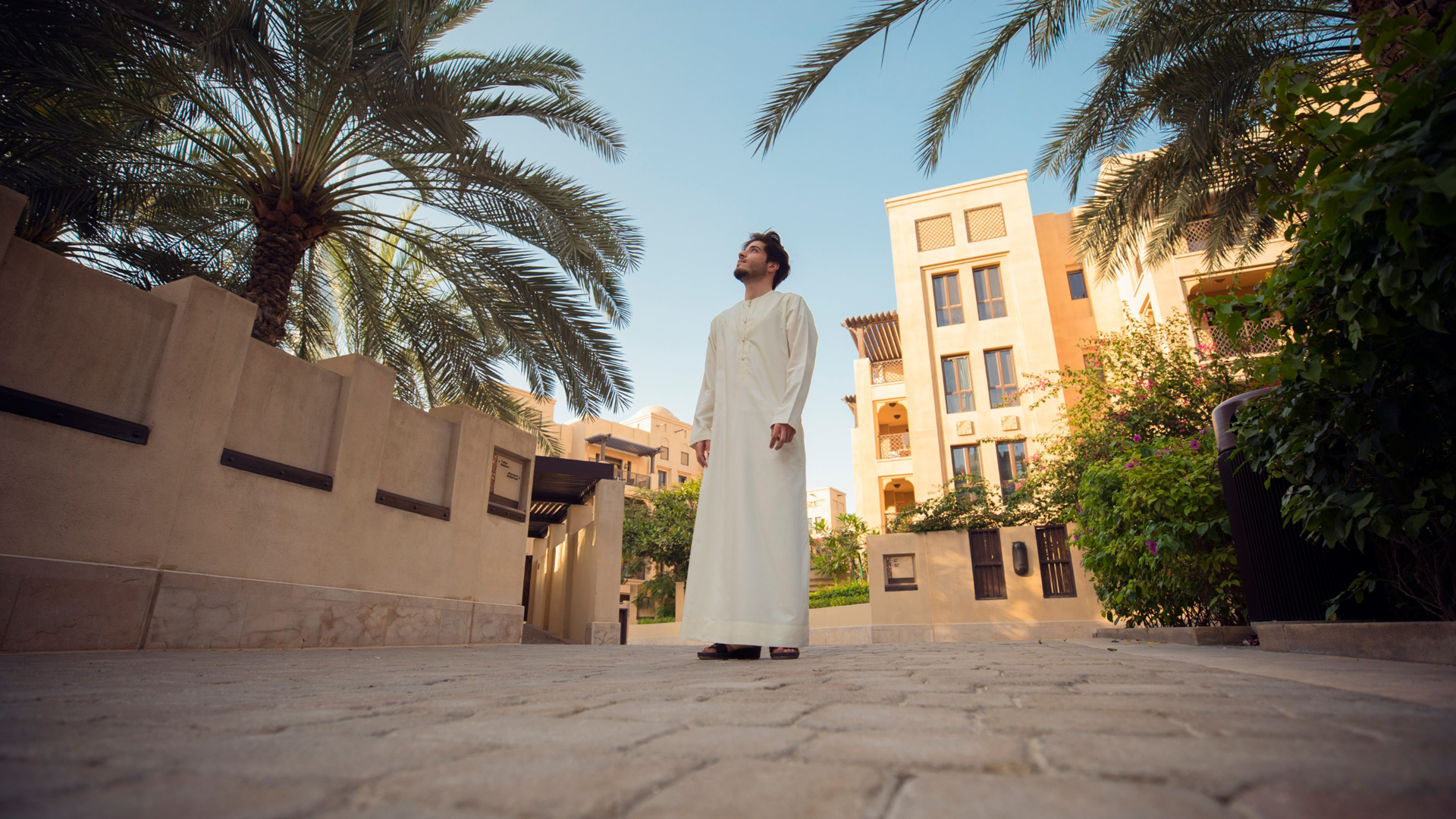The United Arab Emirates (UAE) is a country known for its rapid development, unparalleled luxury, and cultural diversity. At the heart of this vibrant nation lies its dynamic expatriate population. In this blog post, we will delve deeper into the unique experiences, contributions, and challenges faced by expatriates living in the UAE. By exploring what makes the Emirates an attractive destination for individuals from various countries and cultures, we aim to provide a comprehensive understanding of the diverse expatriate population in the Emirates.
- Origins and Significance
In the decades following the UAE's formation in 1971, it witnessed a significant influx of foreign residents. The country's booming oil and gas industry, coupled with its emphasis on tourism and trade, attracted individuals from different parts of the world. The expatriate population in the Emirates comprises a diverse mix of individuals from neighboring Arab countries, South Asia, Europe, and North America. According to the UAE National Bureau of Statistics, as of 2021, the expat population stands at approximately 8.9 million, accounting for over 80% of the UAE's entire population. The expatriates are a significant part of the UAE's social and economic fabric, contributing significantly to the country's growth and development.
- Employment Opportunities and Working Conditions
The UAE offers various employment opportunities to expatriates across different sectors, including oil and gas, construction, healthcare, and finance. Several multinational companies have established their operations in the UAE, providing job opportunities to qualified individuals from various countries. The working conditions in the Emirates vary depending on the industry and the company's policies. However, the UAE government has implemented laws aimed at protecting workers' rights, including minimum wage standards, provisions for annual leave, and the right to health and safety in the workplace.
- Cultural Diversity and Integration
The expatriate population in the Emirates comprises individuals from diverse cultural backgrounds, including Arab, South Asian, European, and African. The UAE government has long emphasized its commitment to tolerance and coexistence, promoting a sense of inclusiveness for all residents and visitors. Expatriates living in the Emirates have the opportunity to experience the country's rich cultural traditions through various events like the Dubai Shopping Festival, the Abu Dhabi International Book Fair, and the Sharjah Light Festival. The UAE government's efforts to promote cultural diversity have also resulted in the establishment of specialized zones, such as Dubai International Financial Centre (DIFC) and Dubai Internet City (DIC), dedicated to fostering international trade and innovation.
- Language and Communication
While Arabic is the official language of the UAE, English is widely spoken in the country, especially in the urban areas. The UAE's education system emphasizes the importance of learning both languages, ensuring that expatriates have access to essential services and can communicate effectively. Additionally, the UAE's multicultural environment has resulted in the emergence of different languages, with several expatriates speaking languages like Hindi, Urdu, and Tagalog. This rich linguistic diversity exemplifies the country's commitment to fostering an inclusive environment.
- Lifestyle and Cost of Living
The Emirates offer an unparalleled lifestyle, with luxurious amenities, recreational facilities, and world-class entertainment options. The cost of living in the UAE varies depending on location, lifestyle choices, and family size. Expatriates can enjoy a high standard of living in the UAE, owing to the country's tax-free environment and ample job opportunities. The UAE's tourism industry also plays a significant role in offering exciting adventures and experiences, from desert safaris to skydiving, to residents and visitors alike.
- Challenges and Stigma
Expatriates living in the Emirates face various challenges, including social and emotional stress, isolation from home countries, and cultural differences. The stigma surrounding working and living conditions also affects the expatriate community, with some groups considered "lower" in the socio-economic hierarchy. Additionally, the lack of citizenship rights and permanent residency options limits expatriates' long-term commitment to the UAE, making it challenging to establish roots and begin a family.
- Support Networks and Community
Despite the unique challenges faced by expatriates, the UAE has several support networks and communities aimed at making them feel welcome and supported. With the establishment of organizations like "Dubai Cares" and "Emirates Red Crescent," the UAE actively encourages expatriates to engage in philanthropic and charitable work, promoting a sense of community and social responsibility. Additionally, several expatriate communities, including Indian, Filipino, and European, have been established, providing opportunities for residents to connect with like-minded individuals, share experiences, and promote cultural exchange.
Conclusion
The expatriate population in the Emirates is an integral part of the country's diverse and vibrant community. The UAE's commitment to promoting inclusiveness, cultural diversity, and tolerance has contributed to the expatriates' positive experiences, with many choosing to call the Emirates their home. The expatriate population's contributions to the country's growth and development highlight the UAE's desire to foster and attract global talent. While challenges remain, the UAE's efforts to create supportive networks and inclusive policies ensure that expatriates can experience the Emirates' unique culture, contribute to its development, and enjoy a comfortable and fulfilling lifestyle.
